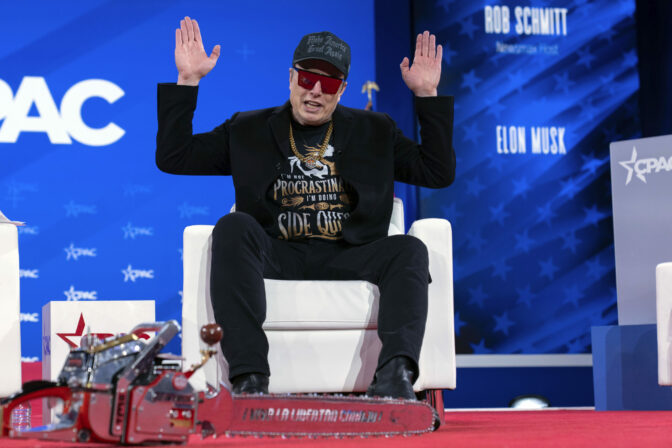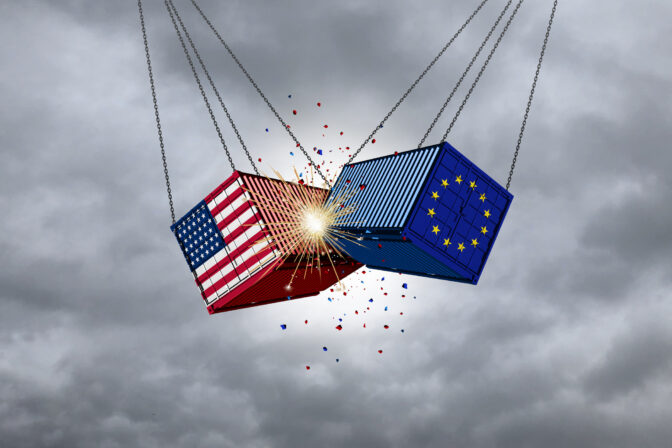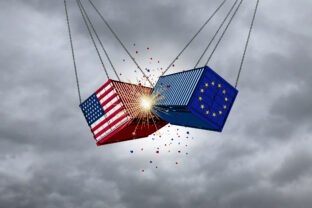Companies in the European Union, including those in Slovakia, are still struggling with high energy prices. At the end of last year, European companies paid 158% more for electricity than their rivals in the United States.
The gap in the price of gas was even higher, representing 345%. Expensive energy considerably hinders their competitiveness compared to other international companies. The National Union of Employers, too, is asking the European Commission for help.
„The European industry is sounding the alarm. The prices of electricity and gas for industry in the European Union are still many times higher compared to [the cost of its] competitors in third countries. The negative situation has been ongoing in the long term. Unless the Union quickly adopts the necessary measures, the European industry will remain weakened. Slovak employers, too, may soon feel the negative impacts first-hand. Hence, the economy minister should intervene, as well,” employers explain.
Energy prices have also surged compared to China. High costs make the production of European companies more expensive, thus weakening their competitiveness and position in the global market. The fundamental problem is not just the energy price but also its unpredictable fluctuations, which have long been felt by Slovak companies, as well.
„Energy supplies already constitute a substantial part of the costs of large industrial companies. Decarbonization of energy-intensive industries will further multiply energy consumption in most sectors, and thus, competitiveness and success are not sustainable in the long-term if the energy price in Europe is multiple times higher than in our competitors in third countries. We need a substantial reform of the European energy market, including pricing and availability of energy infrastructure and grids,” said Miroslav Kiralvarga, President of the National Union of Employers and Vice-President of U. S. Steel Kosice.
Employers clustered in the National Union of Employers have repeatedly discussed potential solutions with Economy Minister Denisa Sakova. They highlighted the need to preserve tariffs paid by the energy-intensive industry at levels at least comparable to our competition.
„Supporting the industry with favorable prices of the commodity as such, let’s say electricity generated from nuclear, has worked out well in several European countries. Other forms of support are also available, for instance, compensation for the indirect cost of carbon dioxide emission allowances reflected in the final price of electricity. We adopted this mechanism in Slovakia a few years ago, but the finances which we earmarked and spent on this purpose, were literally negligible and much lower than, for instance, in the Czech Republic or Poland, despite a high surplus in the Environmental Fund, which is filled with proceeds from the purchase of emission allowances by the industry,” Kiralvarga said.





























